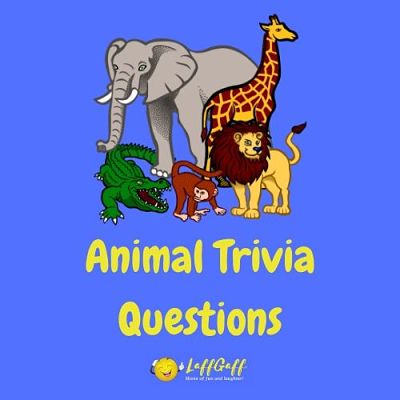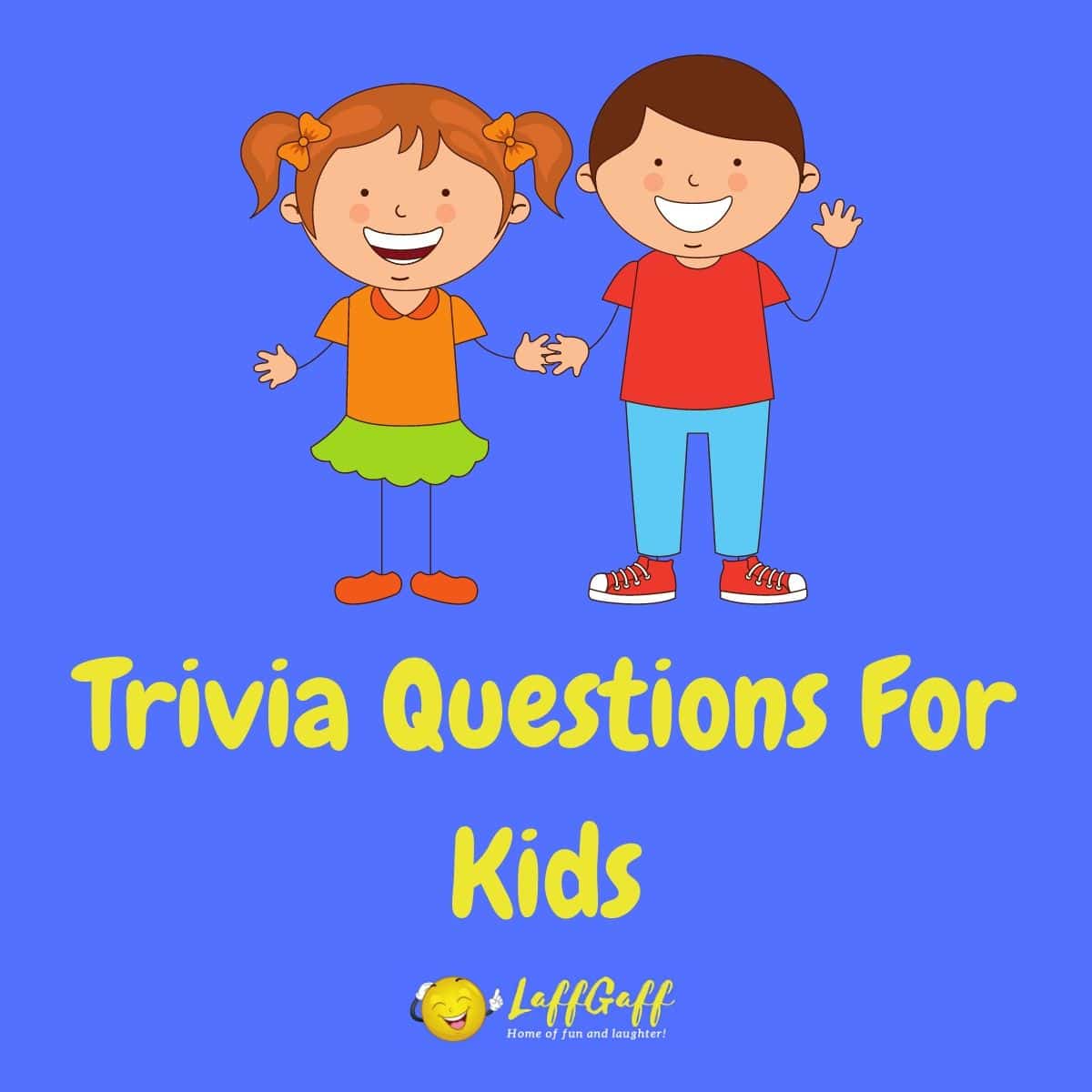Question: What is a baby rooster called?
Show answer
A cockerel.
In the world of poultry, understanding the terminology used to describe various stages of a chicken’s life is essential. A baby rooster, as it grows and matures, is commonly referred to as a “cockerel.” This term specifically denotes a young male chicken, typically less than a year old. The differentiation in terminology between a baby rooster (cockerel) and a baby hen (pullet) is important in poultry farming and aviculture, as it helps in identifying the sex of the birds for various purposes, including breeding, egg production, and understanding the dynamics of the flock.
When chickens hatch, both males and females are generally called “chicks.” During the initial weeks, distinguishing between a male and female chick is challenging, particularly for those who are not experienced in poultry farming. As they grow, however, the physical and behavioral differences between cockerels and pullets become more evident.
Cockerels start to exhibit distinct characteristics as they mature. Physically, they develop larger and more colorful combs and wattles compared to their female counterparts. These combs and wattles often become more pronounced and vividly colored as the cockerel approaches maturity. The feathers of cockerels also differ from hens, with many breeds developing long, ornate tail feathers and shiny, pointed feathers called hackles on their necks and backs. Additionally, cockerels often grow larger and more muscular than hens and may begin to show signs of territorial behavior.
One of the most distinctive behaviors of a cockerel is crowing. While hens can make a variety of vocalizations, it is the cockerel that is known for the classic rooster crow, usually heard at dawn. This behavior is not only a sign of the bird reaching sexual maturity but also serves as a territorial and social signal within the flock.
In terms of their role in a flock, cockerels can become quite protective and may act as guardians against potential threats. They also play a crucial part in the breeding process. However, in many cases, especially in small backyard flocks or in situations where egg production is the primary goal, keeping multiple cockerels is often not practical due to their aggressive tendencies towards each other and sometimes towards humans.



